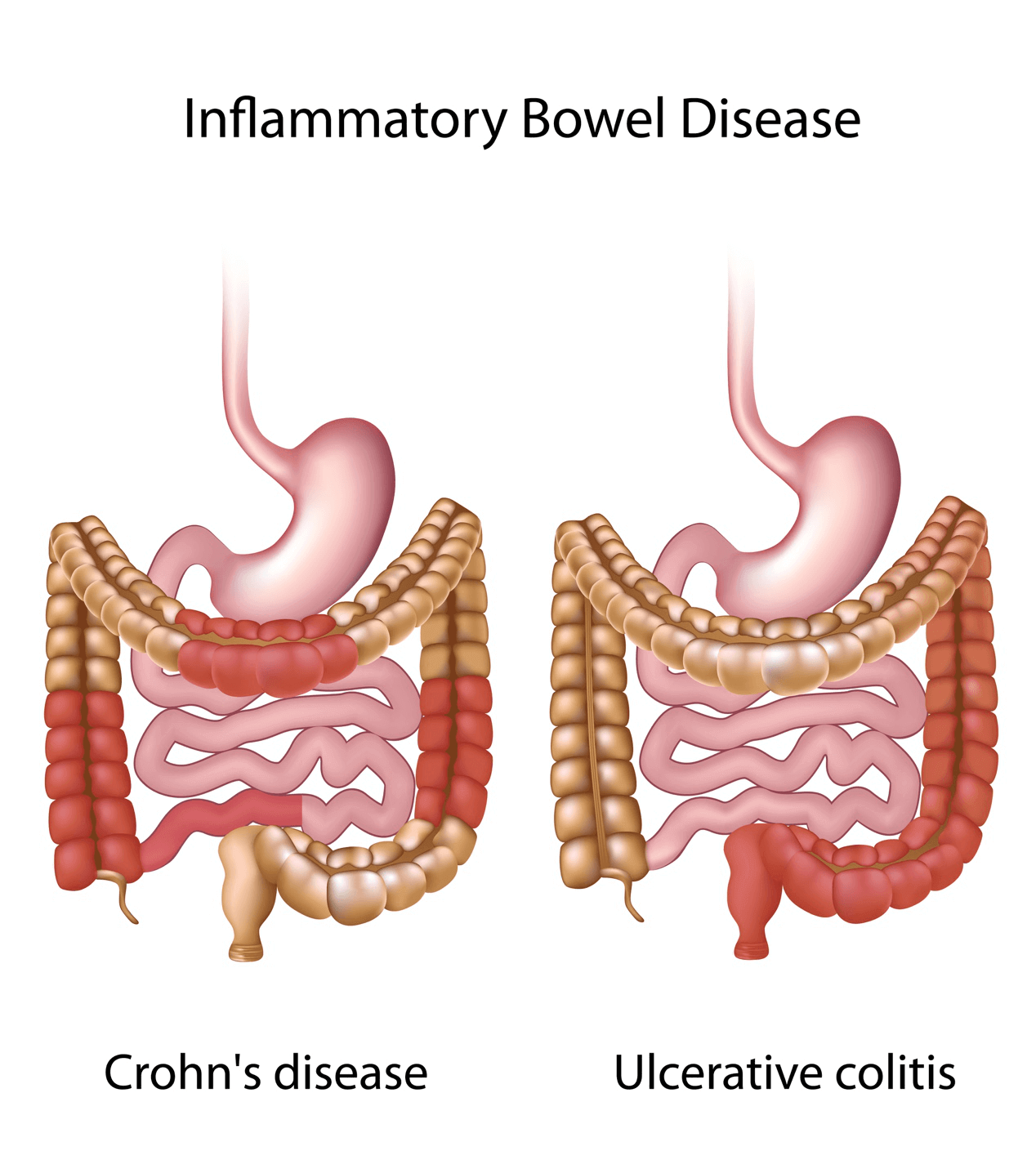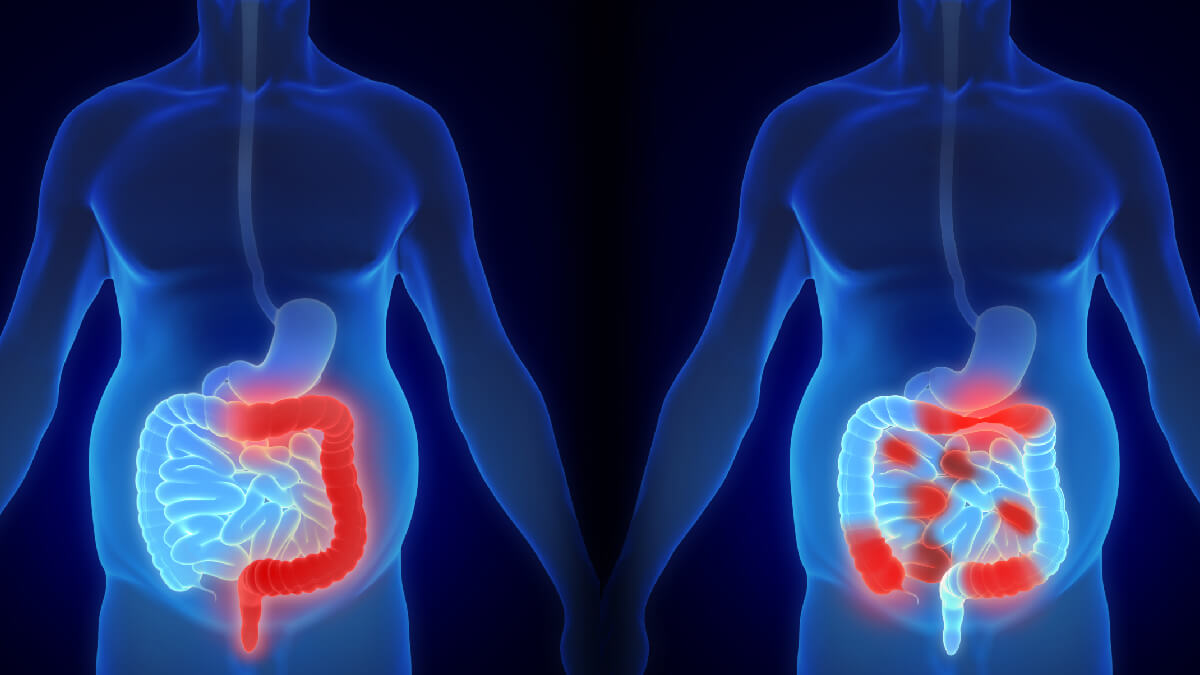FTC disclaimer: This post may contains affiliate links and we will be compensated if you click on a link and make a purchase.
The bowels are made up of the small intestine and large intestine, which are the longest parts of the digestive tract (alimentary tract or gut).
The intestines are important digestion sites, and after the absorption of nutrients, the remaining waste material is evacuated from the bowels as feces.
Like the rest of the gut, it has a multi-layered wall similar in structure from mouth to anus.
Within the bowels are massive populations of bacteria that help with the digestion and absorption of nutrients but usually do not harm the bowels.
This naturally-occurring ‘good’ bacteria is known as the normal intestinal flora.
The bowels are affected by several insults (medically that causes damage to tissue or organs), from infectious to mechanical and chemical intrusions, but can usually recover once the causative factor is removed.
What is Inflammatory bowel disease (IBD)

Inflammatory bowel disease (IBD) is a chronic condition that is associated with inflammation of the bowels.
There are two main types of Inflammatory bowel disease (IBD) known as Crohn’s disease and ulcerative colitis.
Both these conditions primarily affect the large intestine and are largely similar in pathogenesis (origin and development of the disease).
Family history often indicates a genetic predisposition (a specific genetic variation that is often inherited from the parent), but this may only be triggered at certain times in life by unknown factors.
IBD more commonly starts in the teen years and early adulthood but may begin earlier or later in life.
It is not uncommon for it to remain undiagnosed for periods of time with mild symptoms and mistaken for irritable bowel syndrome (IBS) without proper diagnostic investigation.
Ulcerative Colitis
Ulcerative colitis always involves the rectum and also the colon but does not extend further. There is diffuse inflammation (not confined to one area) of the affected area with shallow broad ulcers.
Crohn’s disease
Crohn’s disease mainly affects the colon and ileum (terminal part of the small intestine) but can involve any part of the gut from the mouth to the anus.
Inflammation is usually patchy (skip lesions) with deep and narrow “knife-like” ulcers.
Causes of Inflammatory bowel disease (IBD)
The exact cause of IBD is unknown, and several hypotheses are surrounding the mechanism. It is believed that inflammatory bowel disease is actually a combination of these mechanisms.
The main underlying factor, however, is genetic susceptibility. It appears that the inflammation is immune-mediated as the immune response of the mucosal epithelium lining of the bowels is defective.
This may be associated with dysfunction in the normal cell barrier or triggered by the naturally-occurring bowel bacteria.
Inflammation is limited to the superficial layers of the bowel in ulcerative colitis but extends throughout the bowel walls in the case of Crohn’s disease.
Triggers of Inflammatory bowel disease (IBD)
Various triggers have been identified, but these factors may be individual to each patient :
- Cigarette smoking
- Spicy foods
- Dairy
- High fibers foods
- Processed and preserved meats
- Alcohol
- Acute gastrointestinal infections
Signs and Symptoms of Inflammatory bowel disease (IBD)
Diarrhea is the hallmark of acute flareups of IBD.
In ulcerative colitis, this is usually bloody diarrhea, often with stringy mucus. At the same time, Crohn’s disease is also characterized by diarrhea, watery and large volume but without blood or mucus.
A patient may be largely asymptomatic during the remission phases (initial or first phase).
Other signs and symptoms of IBD include:
- Abdominal discomfort or pain
- Abdominal cramps
- Lack of appetite
- Fever
- Weight loss (more prominent in Crohn’s disease)
- Other clinical features not isolated to the bowels (extraintestinal manifestations) like eye inflammation, joint pains, mouth sores, and skin rashes.








